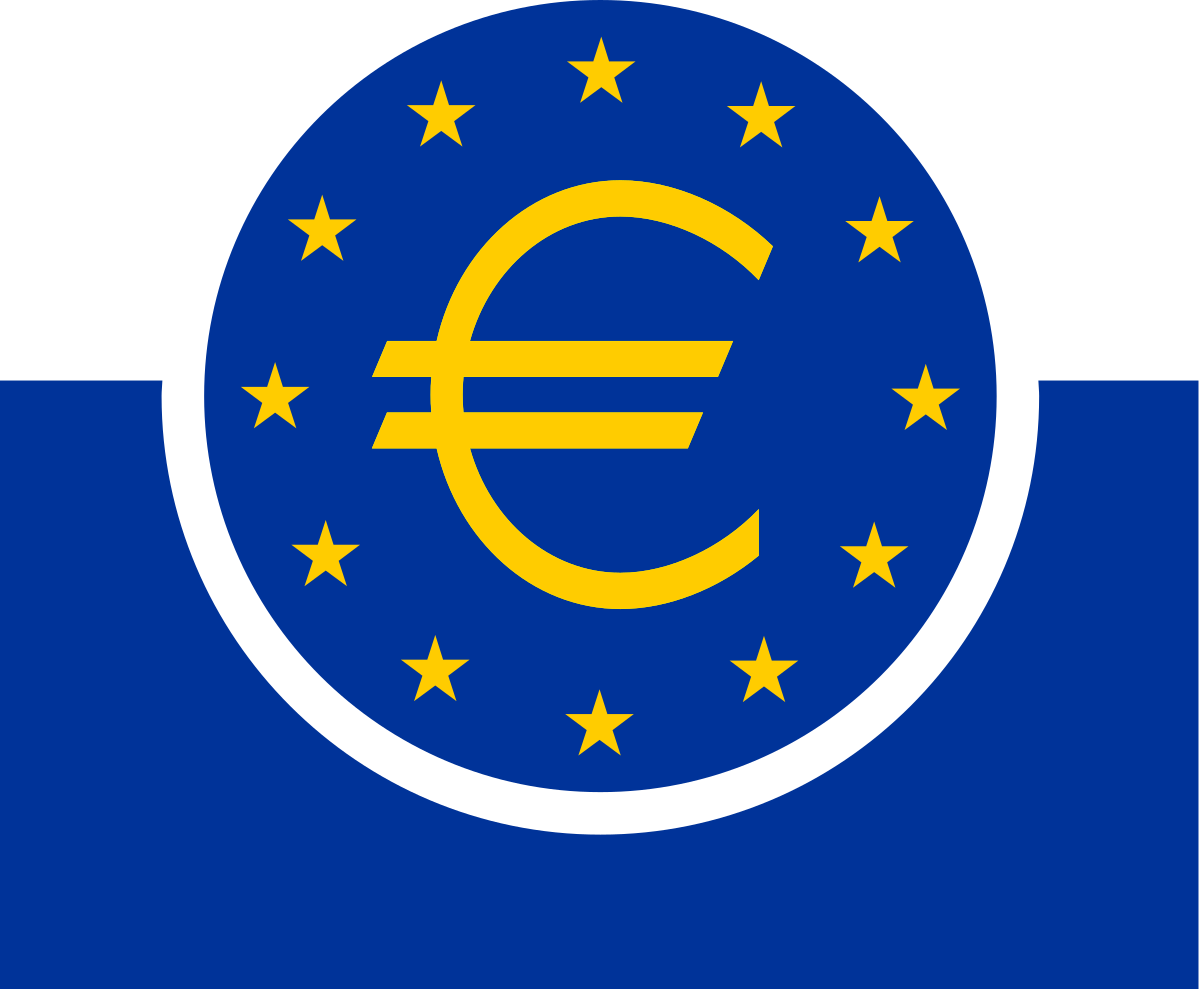Bitcoin’s value is being artificially inflated and the cryptocurrency is on a “road to irrelevance”, the European Central Bank (ECB) has warned.
In a blog post entitled Bitcoin’s last stand, the ECB said the largest digital asset by market cap was “based purely on speculation”, propped up by big bitcoin investors who have the “strongest incentives to keep the euphoria going”.
Bitcoin and other digital assets have been marketed as global decentralised digital currencies and a new alternative to the existing monetary and financial system over the past few years.
However, bitcoin has fallen almost 75% from almost $69,000 to $16,800 in the last 12 months in what has been labelled a ‘crypto winter’.
Meanwhile, the industry has been hit with a series of scandals including the recent collapse of Sam Bankman-Fried’s FTX and the terra crash in May.
Crypto exchange-traded products (ETPs) were left in turmoil following the crisis with issuers suspending their FTX ETPs.
“For bitcoin proponents, the seeming stabilisation signals a breather on the way to new heights. More likely, however, it is an artificially induced last gasp before the road to irrelevance – and this was foreseeable before FTX went bust,” Ulrich Bindseil, director general of markets infrastructure and payments at the ECB, wrote.
He added bitcoin’s inability to generate cash flow like real estate or equities and lack of productivity, such as commodities means the market is based purely on speculation.
“Speculative bubbles rely on new money flowing in. Bitcoin has also repeatedly benefited from waves of new investors,” the blog said. “Big bitcoin investors have the strongest incentives to keep the euphoria going.”
According to the ECB, venture capital investments had invested $17.9bn into the crypto and blockchain industry, as of mid-July.
The ECB also questioned bitcoin’s use as a means of payment, labelling its transactions “cumbersome, slow and expensive”.
Bindseil criticised the digital asset’s underlying technology – distributed ledger technology and blockchain – noting misconceptions around their transformational potential.
“Firstly, these technologies have so far created limited value for society - no matter how great the expectations for the future. Secondly, the use of a promising technology is not a sufficient condition for an added value of a product based on it.”
On potential future regulation, the ECB said any regulation should not be misunderstood as approval and called on the Securities and Exchange Commission (SEC) to agree on a “comprehensive regulatory package” such as the European Union’s Markets in Crypto-Assets Regulation (MICA).
“Large investors also fund lobbyists who push their case with lawmakers and regulators. In the US alone, the number of crypto lobbyists has almost tripled from 115 in 2018 to 320 in 2021. Their names sometimes read like a who's who of US regulators,” the central bank said.
“Different jurisdictions are not proceeding at the same pace and with the same ambition.”
Finally, Bindseil warned banks and financial institutions on their role in legitimising crypto and on the “long-term damage of promoting bitcoin investments”.
Asset managers including abrdn and BlackRock have entered the crypto space in recent months amid rising institutional demand.
“The entry of financial institutions suggests to small investors that investments in bitcoin are sound,” he wrote. “Since bitcoin appears to be neither suitable as a payment system nor as a form of investment, it should be treated as neither in regulatory terms and therefore should not be legitimised.”
Related articles




